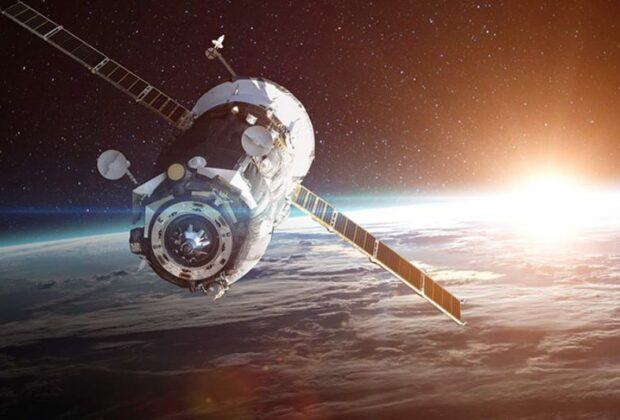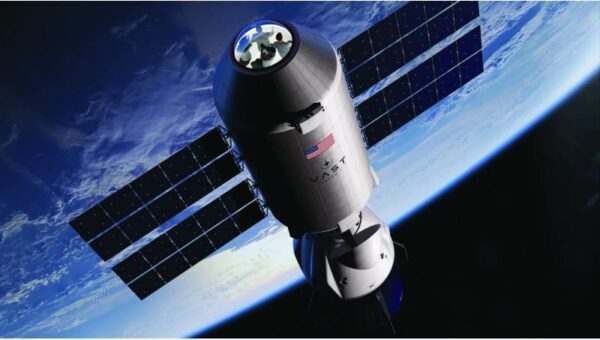Amid concerns about the agreement’s survival under the new Trump administration, Finland became the first nation to join the Artemis Accords this year on January 21.
The Accords, which set forth best practices for safe and sustainable space exploration, were signed by Finland during the Winter Satellite Workshop 2025 at Aalto University in Espoo, Finland, according to a release from NASA. The nation is the first to sign the Accords in 2025 and the 53rd overall.
In the release, NASA Associate Administrator Jim Free said, “Today, Finland is joining a community of nations that want to share scientific data freely, operate safely and preserve the space environment for the Artemis Generation,” “Forging strong partnerships between our nations and among the international community is critical for advancing our shared space exploration goals.”
Wille Rydman, the Finnish minister of economic affairs, signed the Accords. In a ministry statement, he stated, “Our aim is that the cooperation will open up opportunities for the Finnish space sector in the new era of space exploration and the Artemis Program,”
In addition, the ministry stated that it will adhere to international space law in its space operations and that it still views the UN as the main platform for its development while signing the Accords, a non-binding agreement.
The Accords were signed by 19 countries in 2024, the most in a single year, before Finland joined. NASA and U.S. State Department officials attributed the increase to a greater understanding of the Accords’ importance as a platform for addressing topics like sustainability and space safety.
In 2020, during the first Trump presidency, the United States and seven other nations signed the Artemis Accords. Citing the new government’s “America First” ethos, some in the sector question whether the Accords will continue to receive the same amount of support from the current administration, even though they were initiated by the previous Trump administration.
This includes an executive order issued by President Trump to Marco Rubio, the newly appointed Secretary of State, on January 20. The statement urged the new secretary to align the State Department’s “policies, programs, personnel, and operations in line with an America First foreign policy.” adding that “From this day forward, the foreign policy of the United States shall champion core American interests and always put America and American citizens first,”
Veterans of previous administrations disagreed on the Trump administration’s use of international collaboration, particularly the Accords, during a panel debate at the Beyond Earth Symposium in November. Speaking of diplomacy, former Obama administration deputy administrator Lori Garver stated, “It is by its nature slow,” “which is the opposite of what these folks have in mind.”
She had doubts about the Artemis Accords’ prospects. “You don’t think that the administration is going to feel like they want to do things that are maybe a little different?”
National Space Council executive secretary Scott Pace, who served in the first Trump administration, believed that international collaboration would remain important. He stated, “When we do things in space cooperation, it’s not to make space people happy per se, although that’s nice,” “It’s because we’re trying to set norms of behavior and rules, a predictable economic environment for investment and provide a more stable international security environment.”
He finished by saying, “I think that international engagement is going to be an important part of the Trump administration because it’s part of larger national interests,” “There can be different styles to it, different emphases on it, but it’s absolutely going to be central.”




